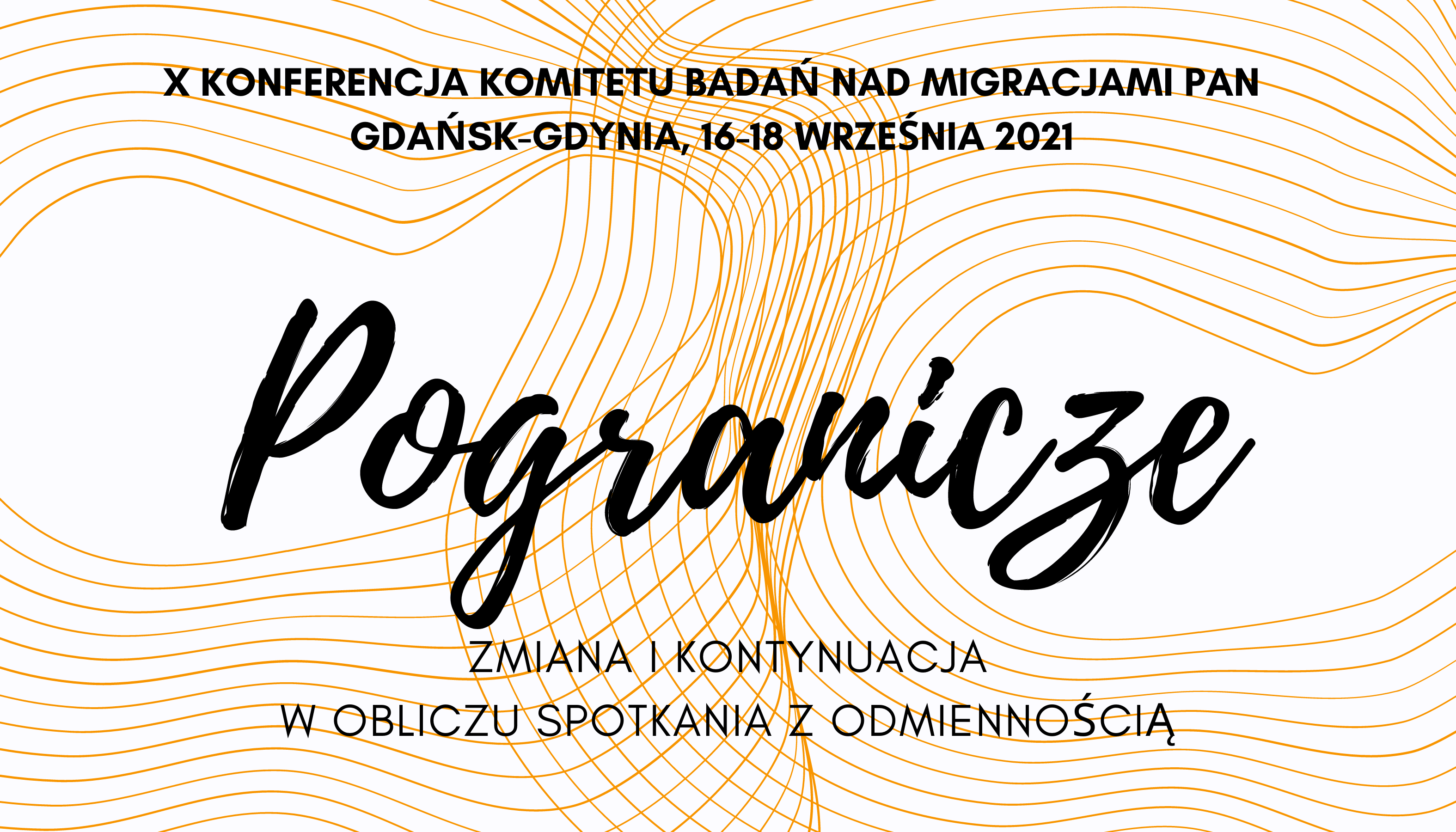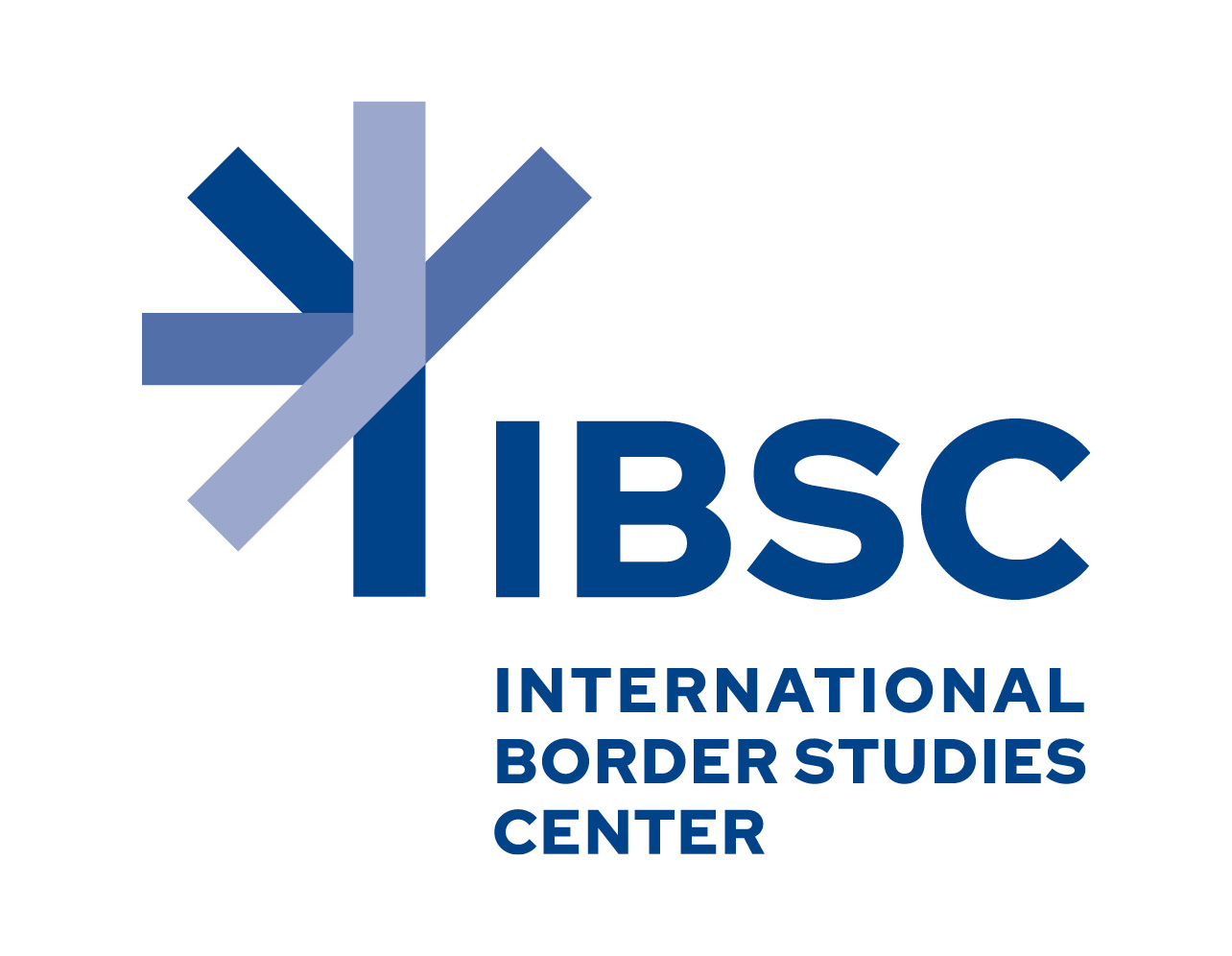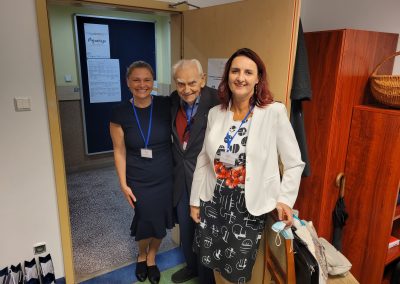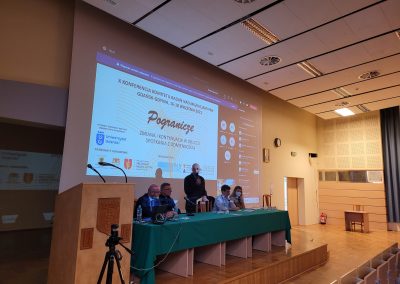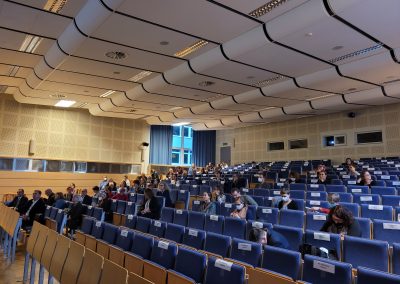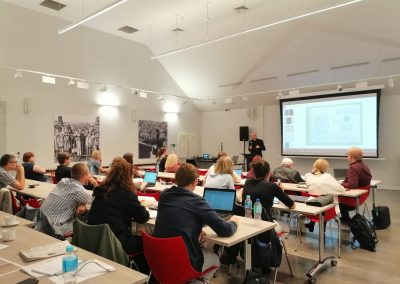15th Conference of the Committee for Migration Research of the Polish Academy of Sciences Emigration, immigration, and integration in an era of social and political polarisation will take place in Gdańsk – Gdynia, September 23–25, 2026
More information coming soon: https://kbnm.pan.pl/images/Conference_KBnM_PAN_2026_eng.pdf
IBSC and the OMHR SEA EU are glad to join in preparations for the Conference.
Border Seminar International Conference: Migration Narratives and Border Studies May 22-26, 2023
FOR OUR CURRENT CONFERENCE INFORMATION please go to: https://ibsc.ug.edu.pl/current-projects/bsg/
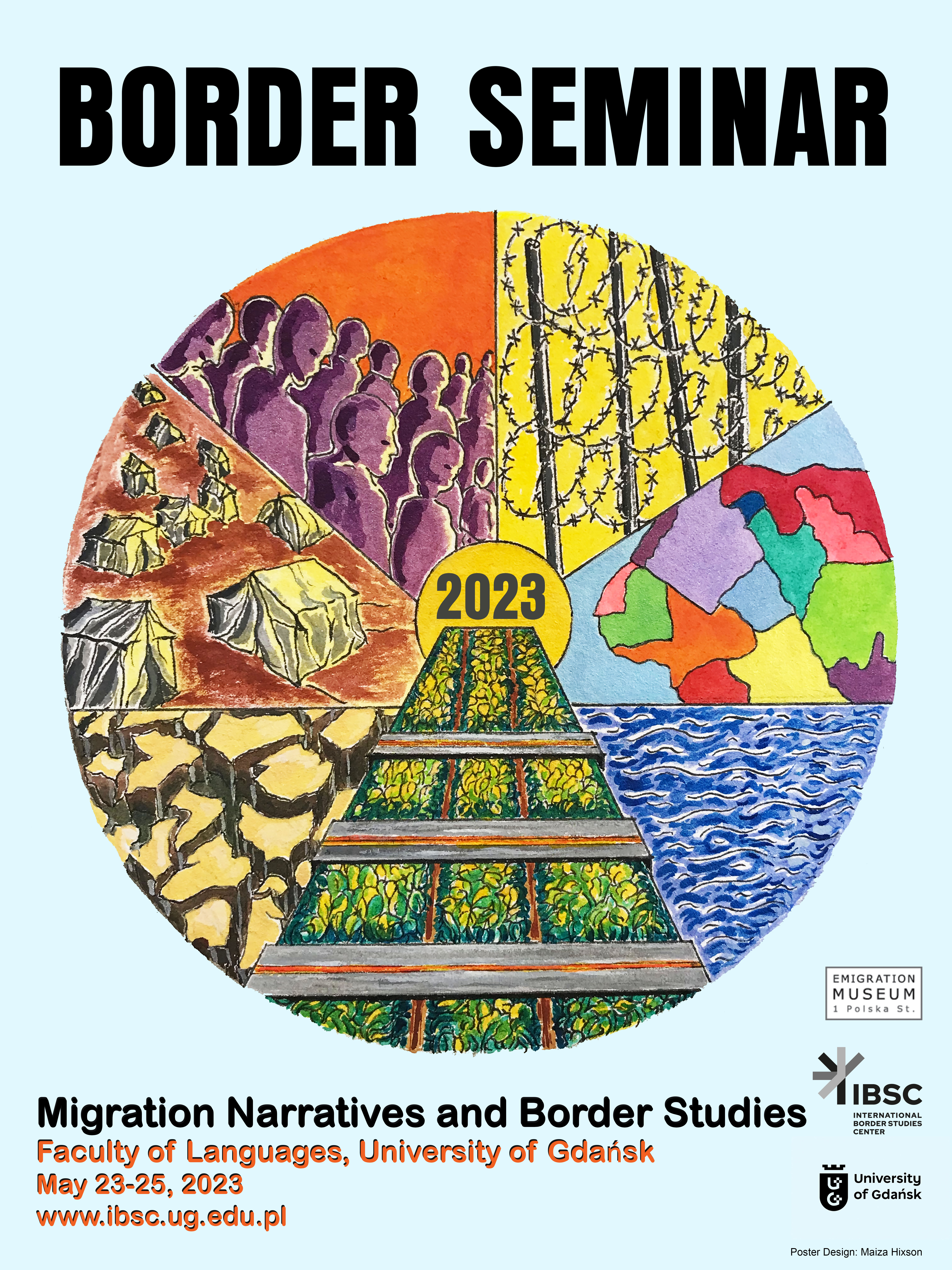
Report from the International Conference „Sacred Places. Sacredness – Open to Dialogue or Closed to Changes?”, which took place on October 13-14, 2022 in Gdańsk.
The conference was organized by The International Border Studies Center of the University of Gdańsk (https://ibsc.ug.edu.pl/), University of Gdańsk and The Melammu Project (http://melammu-project.eu/home/homeproj.html), a prestigious international organization dealing with the research and traditions of the ancient Near East and its influence on other European, African and Asian cultures. For this reason, the first day of the conference was also organized as the 17th Melammu Workshop, which was a prestigious distinction for the University of Gdańsk (previously only one was held in Poland, at the Jagiellonian University). Lectures and discussions during the first day of the conference took place at the Gdańsk Museum, as it corresponded to the historical nature of these presentations. The Gdańsk Museum was also a partner of our conference. The topics of the second day were of an anthropological and sociological nature, hence the place of the conference debate was the Faculty of Social Sciences of the University of Gdańsk.
As the organizers of the conference, we managed to invite many outstanding scientists. Sessions on particular days of the conference were conducted by professors David Warburton and Jerzy Kojkoł, the first of whom is an eminent and internationally recognized Egyptologist, while the second is a specialist in religion and the chairman of the Polish Society of Religious Studies. On the first day, lectures were presented by prof. Piotr Michałowski, who was for many years affiliated with the University of Michigan (USA), and was a long-term chairman of The International Association for Assyriology. He is one of the most recognized Sumerologists and researchers of the ancient Near East. Another highly renowned figure was Prof. Menachem Klein associated with Bar Ilan University in Israel. He is the author of many award-winning books on Jewish-Arab relations, including Lives in Common. Arab and Jews in Jerusalem, Jaffa and Hebron. On that day, his lecture had one of the co-organizers of the conference, representing The Melammu Project and the University of Innsbruck, prof. Sebastian Fink, who brought with him a large group of PhD students and students from his university. On that day, the University of Gdańsk was represented by an outstanding philologist, expert in the language, and history of Greek religion, prof. Bogdan Burliga. On the second day, the lectures were presented mainly by a team of young and dynamic scientists, many of whom represented International Border Study Center UG, but also participants from the Naval Academy in Gdynia and our guests from Germany, Austria, and Pakistan. We have done everything to ensure that the representative of Ukraine (Taras Shevchenko National University in Kyiv), Dr. Kateryna Baulina, could participate in the conference because we wanted that the ongoing war will not prevent her from continuing her scientific career and that she would feel the constant support of the international community also in her scientific activities. Our efforts were crowned with success and her lecture was received with great applause.
In addition, together with the participants, we visited the cities of Gdańsk and Sopot, visiting the former Schopenhauer House and the Center of St. Jana (St. John’s Church) in Gdańsk. Students of the Faculties of History and Social Sciences (Institute of Sociology), members of the Association of the Religious Studies of the University of Gdańsk and members of Erasmus+ exchange students marked their help in organizing the conference.
On behalf of the organizers, Dr Krzysztof Ulanowski





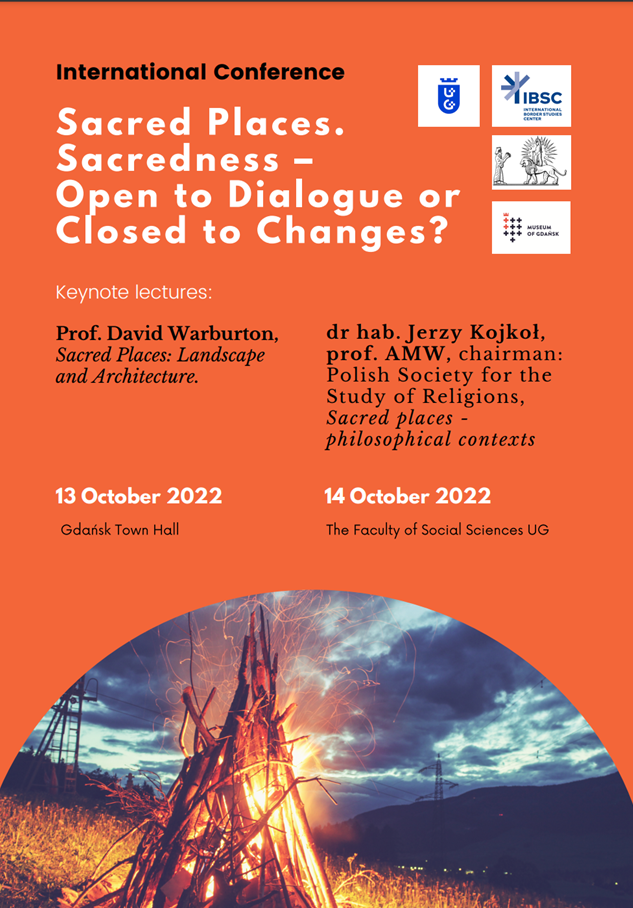
In 8-9 October 2021 the IBSC coorganized a conference with the Facutly of History, UG and the Centre for Geopolitics at the University of Cambridge, UK. The conference resutled from the cooperation within the Baltic Geopolitcs Network. Gdańsk-Danzig-Gduńsk within the Baltic Borderlands.
Because of its genius location – Gdańsk is a perfect space to sample intercultural encounters, offering lessons of coexistence and conflict, of diversity and exclusion. For centuries the language spoken in Gdańsk was German, the city grew on the border and in relationship to various cultures (not only Polish, German, but also Dutch, Scandinavian, and English too). Gdańsk, in essence, is the Borderland – with cultures coming into contact: Slavic-German, Polish, Prussian, Polish-Kashubian-German, Polish-Russian, Scandinavian-Pomeranian, from Teutonic Knights to Mennonites, and the Baltic Sea region itself. Gdańsk as a nodal point for a network of contacts, cultural, political and economic links going beyond the nation state – overcoming the framework of the nation state as the unit of scholarly reflection – borderland approach as a more productive framework, bringing out the multiple overlapping identities.






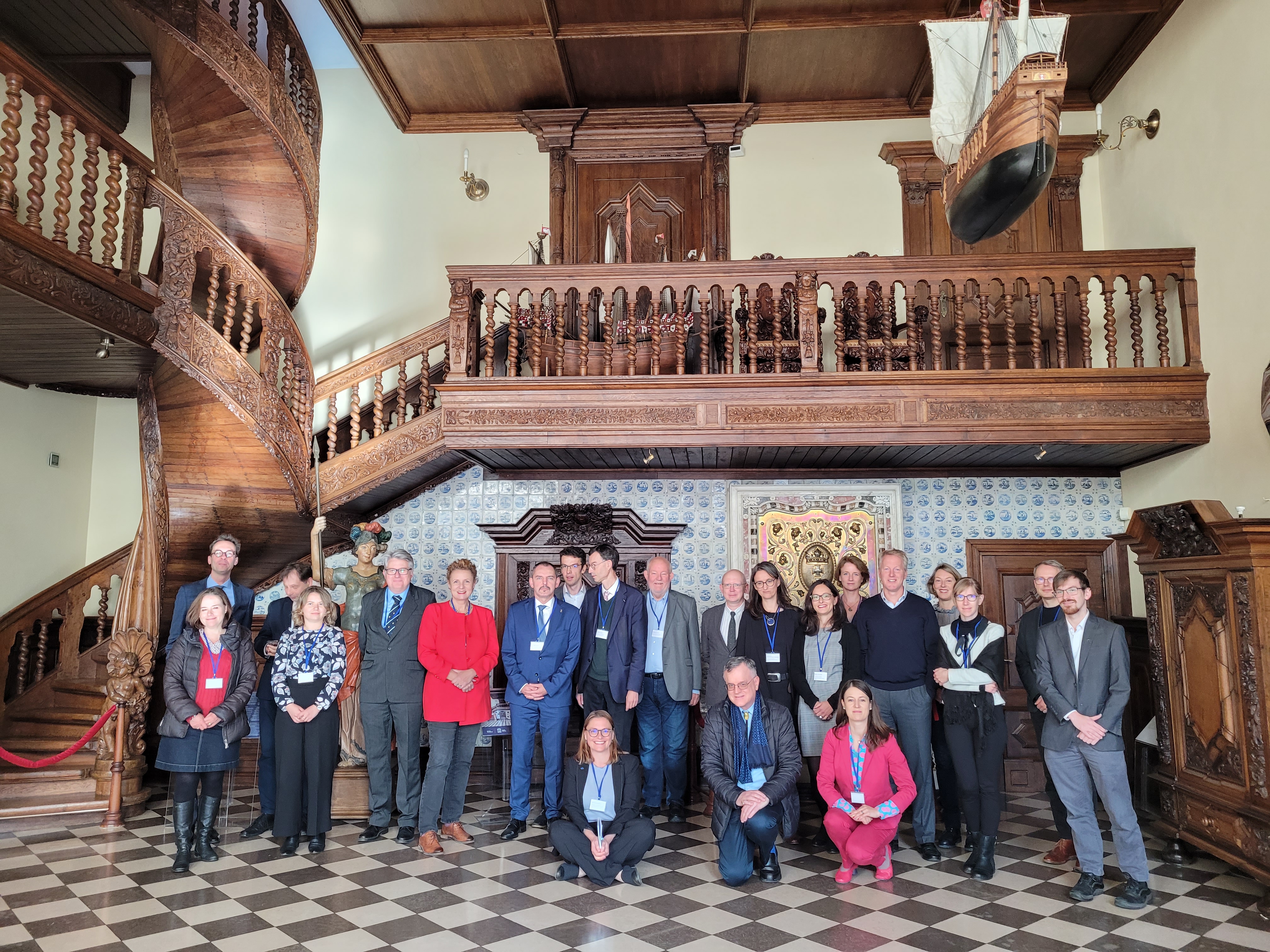
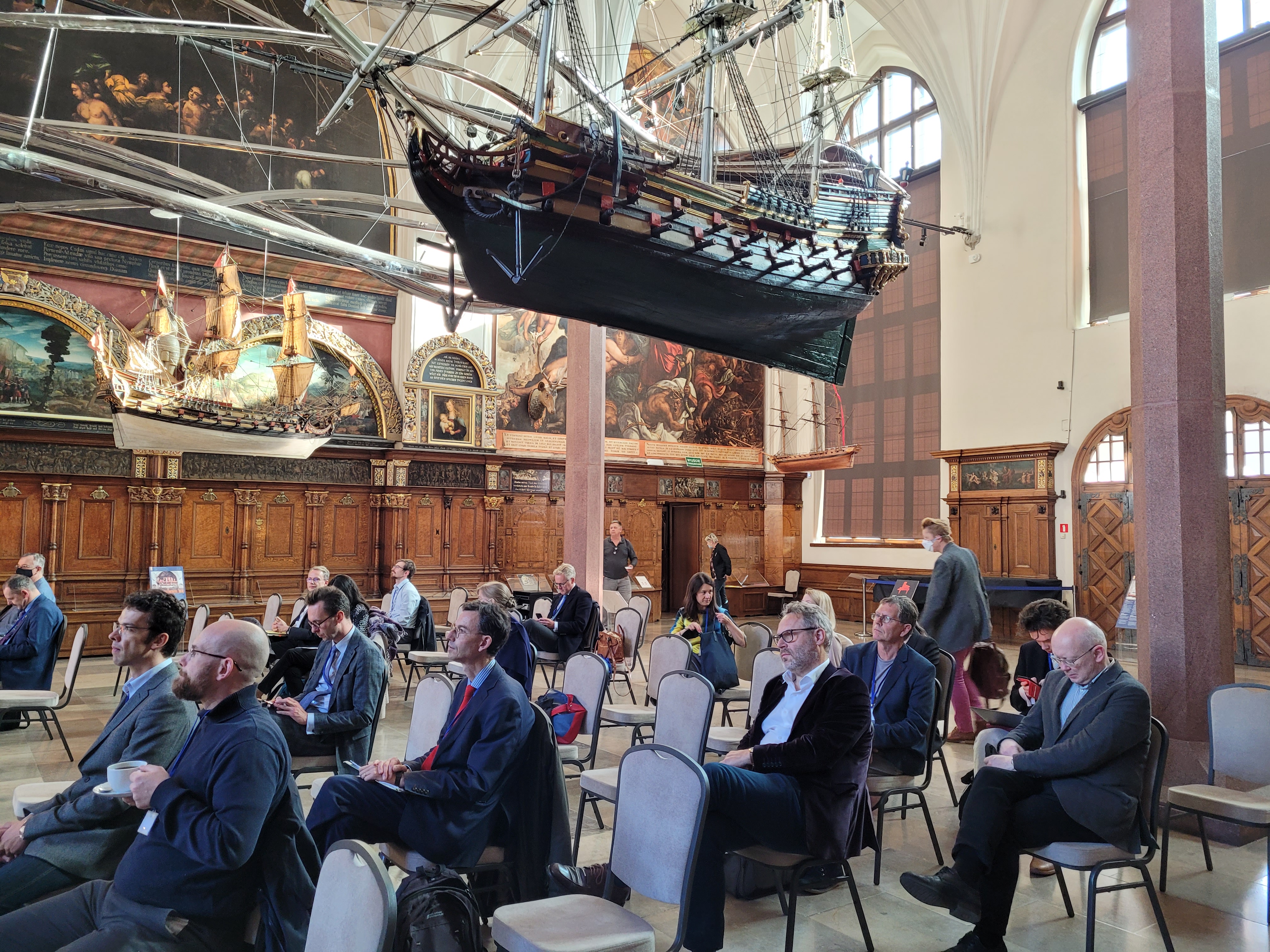
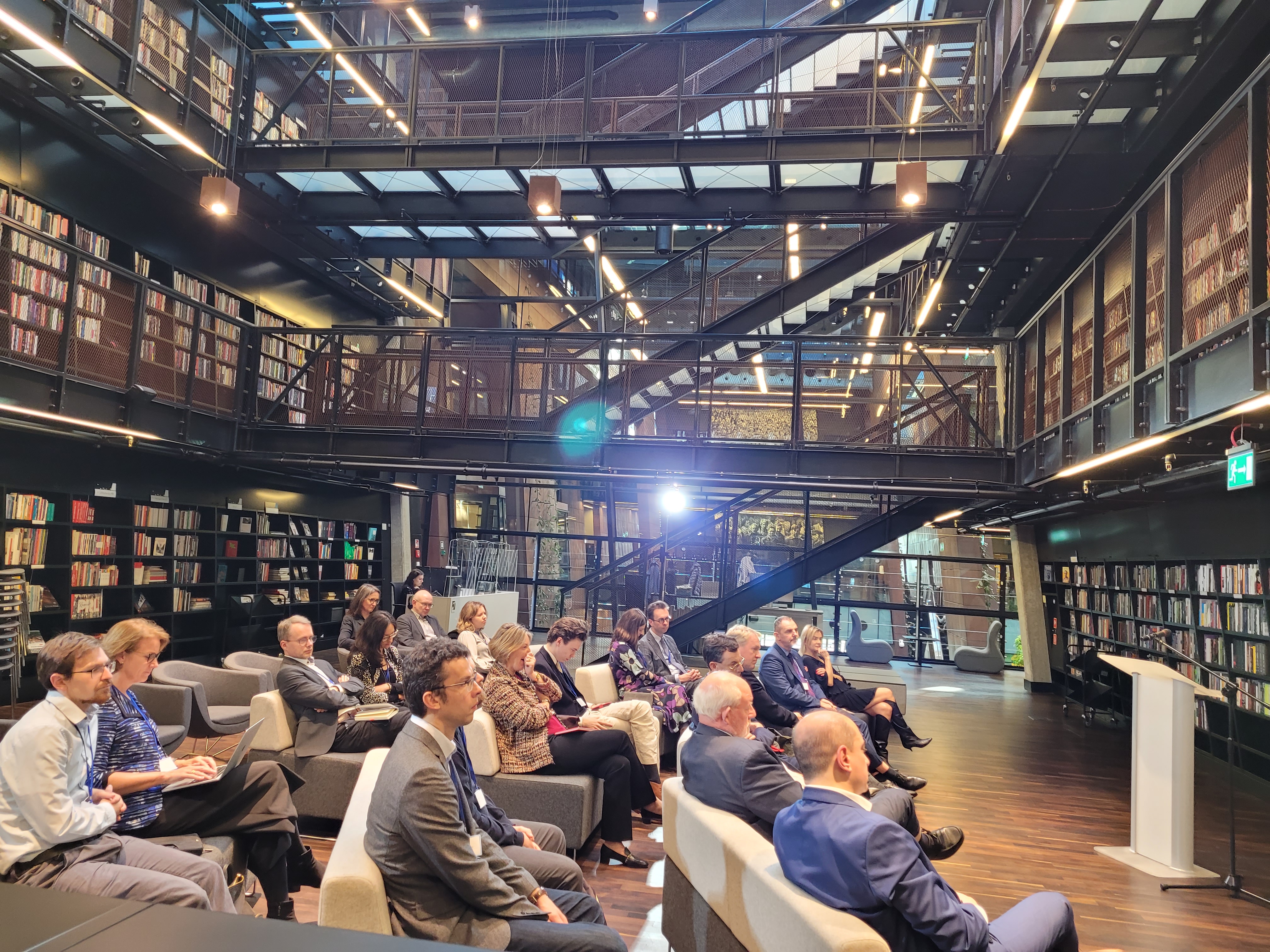
On September 16-18, 2021 the IBSC co-organized conference entitled: „Borderland. Change and Continuity in the face of Otherness” which took place at the Emigration Museum in Gdynia and at the University of Gdańsk campus in Gdańsk-Oliwa. IBSC was the proud partner to this event and its members will be presenting during the proceedings.
The Conference program is available here: https://kbnmgdansk2021.ug.edu.pl/program-konferencji/
